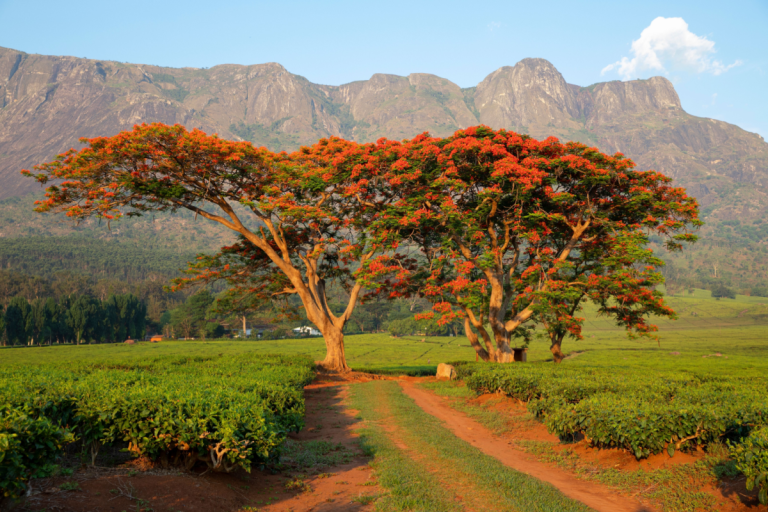Close Contest Between Chakwera and Mutharika
Malawi began counting votes Tuesday in a presidential election widely expected to be a tight contest between President Lazarus Chakwera and his predecessor, Peter Mutharika. The vote comes amid deepening economic turmoil marked by soaring inflation, fuel shortages, and rising food prices that have eroded public confidence in Chakwera’s leadership. Sixteen other candidates are also running, including former President Joyce Banda and Vice President Michael Usi, though analysts see the race as largely a two-horse battle.
Election Held Under Economic Strain
Chakwera, 70, won in 2020 after Malawi’s courts annulled Mutharika’s disputed 2019 victory. His triumph was hailed as a milestone for democracy in Africa, but optimism has since faded as inflation jumped from 8% to 27% and shortages of fuel and sugar have worsened daily life. Natural disasters, including Cyclone Freddy in 2023 and a drought in 2024, destroyed crops in a country where 80% of citizens depend on agriculture. The hardships have fueled anger across rural areas and prompted many voters to call for a change in leadership.
Runoff Likely Under New Electoral Law
Under reforms introduced after the chaotic 2019 election, a candidate must secure more than 50% of the vote to win outright. With Chakwera and Mutharika closely matched, observers expect no candidate to clear that threshold, setting the stage for a runoff within 30 days of the results announcement. Both men cast their ballots early Tuesday, with Mutharika promising that the election “will change the direction of this country,” while Chakwera urged patience and defended his record.
Low Voter Turnout and High Stakes
Around 7.2 million people registered to vote, representing just 65% of eligible voters, down sharply from 80% in 2019. The Malawi Electoral Commission faces intense scrutiny to ensure the credibility of the process after past irregularities. For many Malawians, the election is not only a referendum on Chakwera’s troubled first term but also a critical test of the country’s democratic resilience. Results must be announced within a week, but given the closeness of the race, political uncertainty could extend well into the runoff period.


